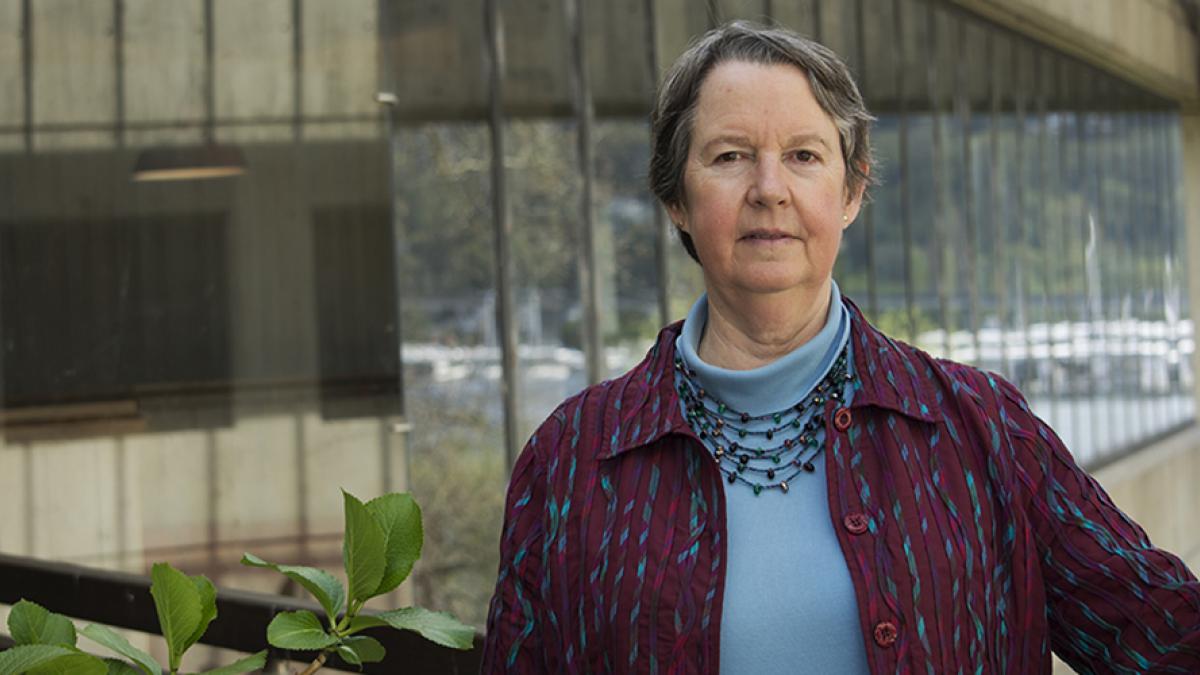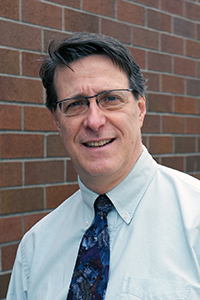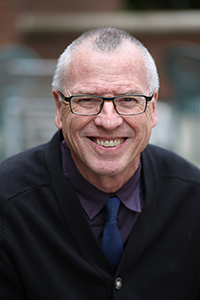
Three DEOHS researchers are among a group of experts calling into question the EPA’s new scientific review process for air pollution
A group of 15 air pollution experts—including three scientists from the UW Department of Environmental & Occupational Health Sciences (DEOHS)—say recent changes made by the US Environmental Protection Agency (EPA) have damaged the quality and credibility of the EPA’s scientific review process for federal clean air standards.
DEOHS professors Lianne Sheppard, Sverre Vedal and Joel Kaufman are among the group of independent scientists who signed a strongly worded letter to the EPA last week saying the current EPA advisory panel on airborne particle pollution lacks the scientific expertise needed to review federal standards.
“The process is broken”

At the same time, the EPA also overhauled the chartered CASAC panel itself, which now includes seven members, most of whom have little direct experience in air pollution research. Wheeler said in a statement that the new panel members “are highly qualified and have a diverse set of backgrounds.”
Sheppard served as a member of the chartered CASAC panel until she was dismissed in October. She felt so strongly about the changes in the panel and the review process that she traveled to Washington, DC, last week to speak in person during a CASAC review of the latest science on air pollution.
“The CASAC process is broken, and the sweeping changes that have been made are arbitrary and capricious,” she told the panel. “Today’s deliberations have made it abundantly clear that seven individuals are not sufficiently qualified to conduct the (particulate matter) review that occurred today.”
A lack of expertise
Sheppard called the process “a travesty.”
“What they were paying attention to, what they were ignoring, their lack of knowledge about what they were reviewing . . . it was just a lot of ill-informed science,” she said.
Until now, advisory panel members were all national and international experts in their discipline areas, used to “drilling down deep” to understand what the evidence shows about the health effects of exposure to air pollution, Sheppard said.
Dirty air and your health

Despite being dismissed as panel members, the group has continued to meet this fall as independent scientists to review the scientific evidence. Many submitted individual statements about their findings to the CASAC panel last week.
Vedal said the scientists are not expecting their independent reviews to have an immediate effect on the EPA’s process.
“Reasoned argument, evidence and facts are no longer the currency of decision-making for this EPA administration,” he said. “Rather, our purpose is to create a record of public comments that could be used in future litigation or other settings where scientific evidence will be valued.”
Suing the EPA
In their letter, the former EPA advisers ask the EPA to reinstate the particulate matter review panel and call on the new chartered CASAC panel to reject the EPA’s accelerated scientific review process.
The panel will continue its discussion of clean air standards early next year.
Earlier this year, Sheppard sued the EPA over a separate directive issued by former Administrator Scott Pruitt that prohibits scientists who receive EPA funding from serving on its advisory boards.
She chose to stay on the panel but was forced to walk away from an EPA-funded research project on air pollution and its connection to heart disease. She is suing as an individual and not on behalf of the UW.

